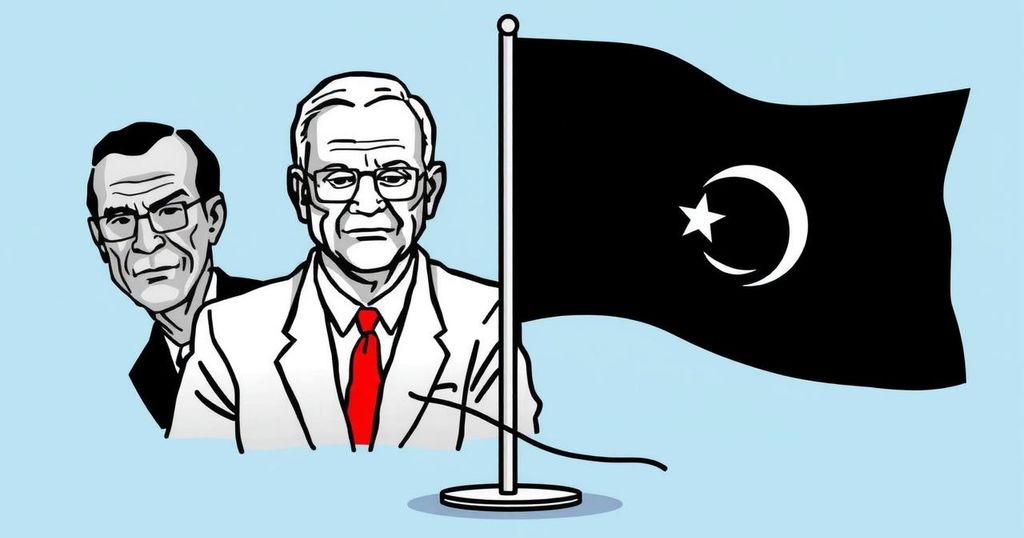UN Initiates New Effort to Resolve Libya’s Electoral Crisis

The United Nations has launched a new initiative to resolve the electoral impasse in Libya by forming a technical committee of experts to tackle contentious issues surrounding electoral laws. This comes after the collapse of elections planned for December 2021, amid disputes over candidate eligibility. The U.N. aims to foster national elections and unify military institutions, despite prevailing skepticism among Libyans regarding their leaders’ sincerity in pursuing a democratic process.
The United Nations is taking a fresh initiative to address the electoral stalemate in Libya by assembling a technical committee composed of experts in Libyan affairs. The committee aims to navigate the contentious issues that have hindered the progress towards national elections, an endeavor that has been stalled since the cancellation of a scheduled election in December 2021. This disruption was largely due to disputes regarding the eligibility of key candidates, which has left the political process in limbo for over a decade.
In her recent video statement, the acting head of the U.N. mission in Libya (UNSMIL), Stephanie Koury, expressed that the new committee will explore solutions to the unresolved matters surrounding electoral laws. The goal is to facilitate the organization of elections as swiftly as possible, considering various guarantees, assurances, and a definitive timeline. The Government of National Unity (GNU), led by Prime Minister Abdulhamid al-Dbeibah, emerged from a U.N.-endorsed process in 2021, but its legitimacy is now challenged by Parliament. Dbeibah insists he will not relinquish power without an electoral process.
Since the 2011 NATO-supported uprising, Libya has experienced ongoing conflict, becoming divided into eastern and western factions, each governed by competing administrations. Although major political figures in Libya consistently advocate for elections, there exists a pervasive skepticism among the populace regarding the genuine intentions of these leaders and their willingness to hold elections that may jeopardize their positions of power.
Koury reaffirmed that UNSMIL will persist in its efforts to unify military and security institutions while collaborating with partners to foster national reconciliation. This multifaceted approach underscores the U.N.’s commitment to stabilizing Libya’s political landscape amidst ongoing challenges.
Libya’s political landscape has been tumultuous since the overthrow of Muammar Gaddafi in 2011, leading to extensive conflict and fragmentation. The country has been embroiled in civil strife, particularly evident since 2014 when it became divided between rival factions in the east and west. The United Nations has intervened in various capacities to mediate and facilitate peace processes. A significant milestone occurred in 2021 with the establishment of the Government of National Unity (GNU), endorsed by the U.N., yet struggles over governance legitimacy and electoral disputes persist. A stalled electoral process has been a significant barrier to restoring stability, necessitating new measures for reconciliation and electoral reform.
The United Nations is undertaking a renewed effort to resolve the electoral deadlock in Libya, which has lingered since late 2021. By forming a specialized committee of experts, the U.N. seeks to address unresolved electoral laws and expedite the electoral process. Despite the ongoing skepticism among Libyans regarding the political will of their leaders to conduct genuine elections, the U.N. remains committed to fostering dialogue and reconciling the fragmented governance structures in the nation.
Original Source: www.voanews.com








